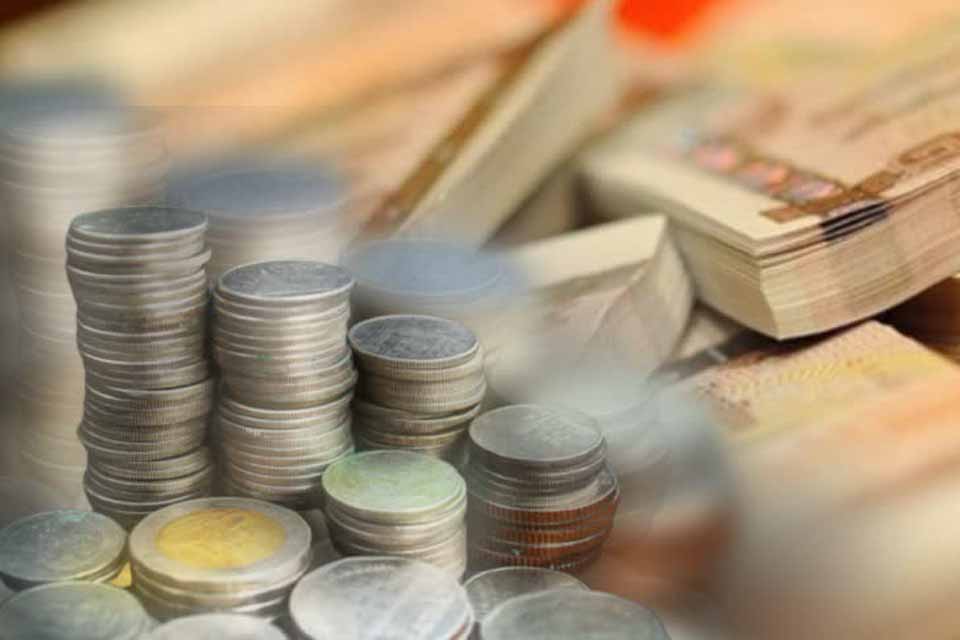
A shift by the Bank of Thailand (BOT) to a more hawkish footing this week came as a surprise to markets and appeared to finally end policymakers’ tolerance for mounting price pressures, but a range of risks are likely to keep any tightening gradual.
The BOT kept its benchmark interest rate at a record low on Wednesday (8 May), but a split vote on the decision was a signal to markets that the central bank may raise interest rates as soon as August.
Thailand has been among Asia’s least hawkish central banks, maintaining its policy focus on supporting an economy still struggling with the pandemic – particularly a lack of Chinese tourists – and insisting that supply-driven inflation is better dealt with through fiscal measures and price controls, rather than rates.
Kobsidthi Silpachai, head of capital markets research of Kasikorn bank, expects the BOT to raise rates in August by 25 basis points to 0.75%, but believes such tightening would mostly be a symbolic gesture to markets more than an attempt to tackle inflation.
Three of the BOT’s seven committee members voted for a rate hike this week, a contrast to its August meeting at which two members voted for a cut. Kobsidthi said the board’s new concern about inflation may not endure if threats to economic growth take precedence.
Thailand’s headline inflation hit a near 14-year high of 7.1% in May, well above the BOT’s target range of 1-3%. The BOT predicts inflation of 6.2% for the whole of 2022.
Other analysts see conviction in the central bank’s acknowledgement of inflation as an issue, and have added a series of rate hikes to their projections for this year from none previously.(NNT)
 |
 |
 |





